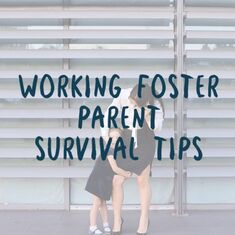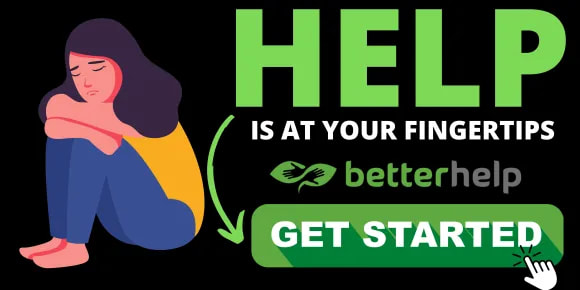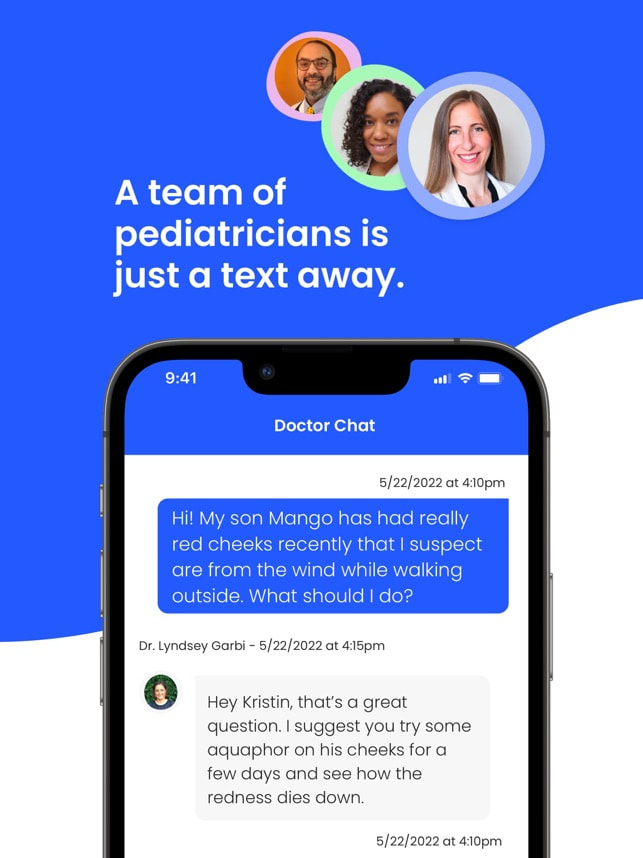|
This age group is fun as they are generally more independent than babies and toddlers and maybe just maybe have less attitude than pre-teens or teens :). After you have the bed and a dresser, here are some things we had on hand that we highly recommend. (This post contains affiliate links but are all products I love!)
4. Marble Run -- You'll probably have to be the one to build it, at least the first few times, but the kids will love putting the marbles at the top and watching them make their way down over and over again. And somehow, it's pretty fun for you too!
8. Puzzles — This is a great bonding activity as you work together. It also provides a great distraction and doesn't involve screen time!
9. Walkie Talkies — This is another one that has the ability to keep kids entertained for hours. Bonus if you have more than one kid in the house (otherwise you'll need to be on the other end). 10. Books -- We make family reading time a daily activity and it has helped so much with bonding. Some of our favorites for this age group are:
 When we first considered becoming foster parents, I joined foster Facebook groups to learn everything I could about the process. I quickly noticed that many foster families have a stay-at-home parent. I did worry a bit—my career is important to me and I wasn't really willing to give it up. Plus, it would not make financial sense for me to leave my job. Similarly, my husband had recently graduated with his Doctorate so he was also not at a point where he would be up for staying home full-time. So could we do it with two careers? 9 months in and the answer is yes! It is challenging, no doubt but it is feasible with some work. As much as I complain about being exhausted as a mom of a special needs foster son and a 2-year-old bio, working a full-time job, and having a husband, I also am constantly working to figure out how we can add one more kid to the mix :) Here are the things I would make sure you have in place before you foster with a full-time job.
It is absolutely doable to foster while working full-time. It can be stressful without a doubt, but with some pre-planning, you'll be able to find the joys in your crazy life!
It goes without saying that you should foster because you want to help kids. That is a benefit in itself. But there are a few other things that I have found as benefits for fostering. What else would you add?
1. As long as you're loving and taking care of your foster child, you can say, "hey, I'm doing a good thing". I would even recommend telling yourself this often because it does get HARD... so say it often. 2. You can learn new levels of empathy. You meet people from so many walks of life, who have faced so many challenges. You suddenly look at other people who you meet and think about what challenges they may have encountered. 3. Fostering teaches you patience like nothing else can. Foster kids—honestly any kids—will teach you to have so much patience. But then there's the "hurry up and wait" game that happens throughout the fostering process: The wait to get licensed. The wait to hear about your first/next placement. The wait to understand their permanency plan. You learn to take a deep breath and go with the flow. 4. You can learn to manage way more on your to-do list. I thought I was busy with my full time job, husband, bio kid and family responsibilities. But add in regular CPS visits, CASA visits, doctor visits, school visits, bio family visits and 4 weekly therapy sessions—plus, you know, actually loving your kids—and you'll feel like a easy day is one where you just have to drop off/pick-up at school, go to work, cook dinner and do laundry. 5. You can learn how to be a better advocate for others (and for yourself!). I have always been a fairly good advocate for myself, and for my bio—but there's nothing like a kid in high need to make you sharpen every advocacy skill. While I make sure never to be rude, I also make sure all of those who help make decisions for our foster son know that I will fight for his best interest every step of the way. I've found myself transferring those skills a bit to my own life too! 6. You can learn to let go of things you can't control. I have a tendency to want to plan way ahead and figure out all the details for everyone and everything. It's honestly something that makes me good at my 9 to 5 job, but also has the ability to drive people in my personal life (particularly my husband) crazy. You may even call me a control freak. But not knowing if our foster son will be with us for a week or for the rest of our lives (if we adopt him), that changed things. I've learned to let go of things I can't control—that there's literally no time to stress or worry about them—I just have to savor every moment I can. |
AuthorI'm a foster mom, bio mom, working mom, special needs mom, busy mom. I'm also married to my high school sweetheart, I'm a proud 23-year childhood cancer survivor, and I'm passionate about serving my community. More from FosterMamaArchives
March 2023
Categories
All
|






 RSS Feed
RSS Feed